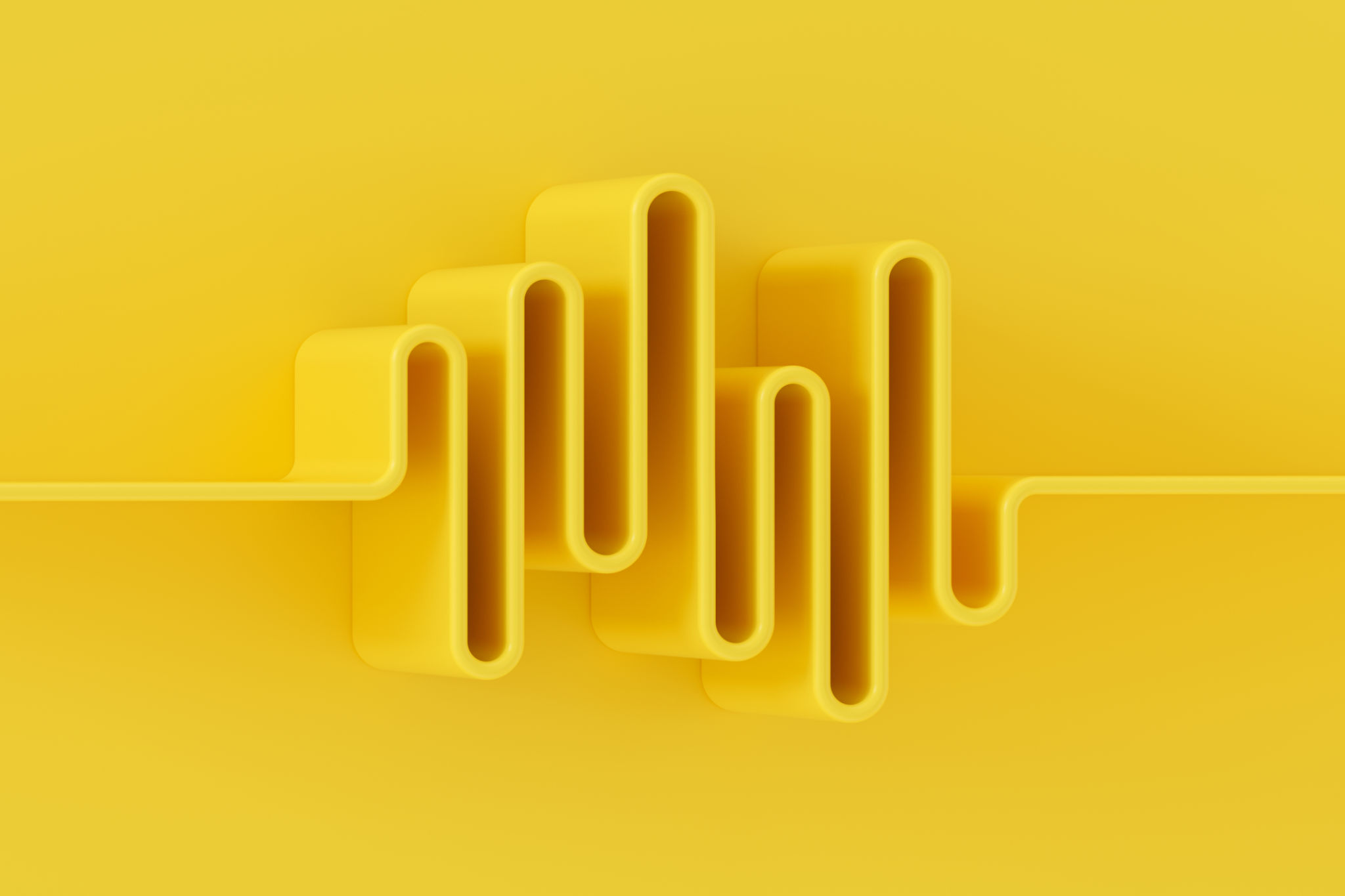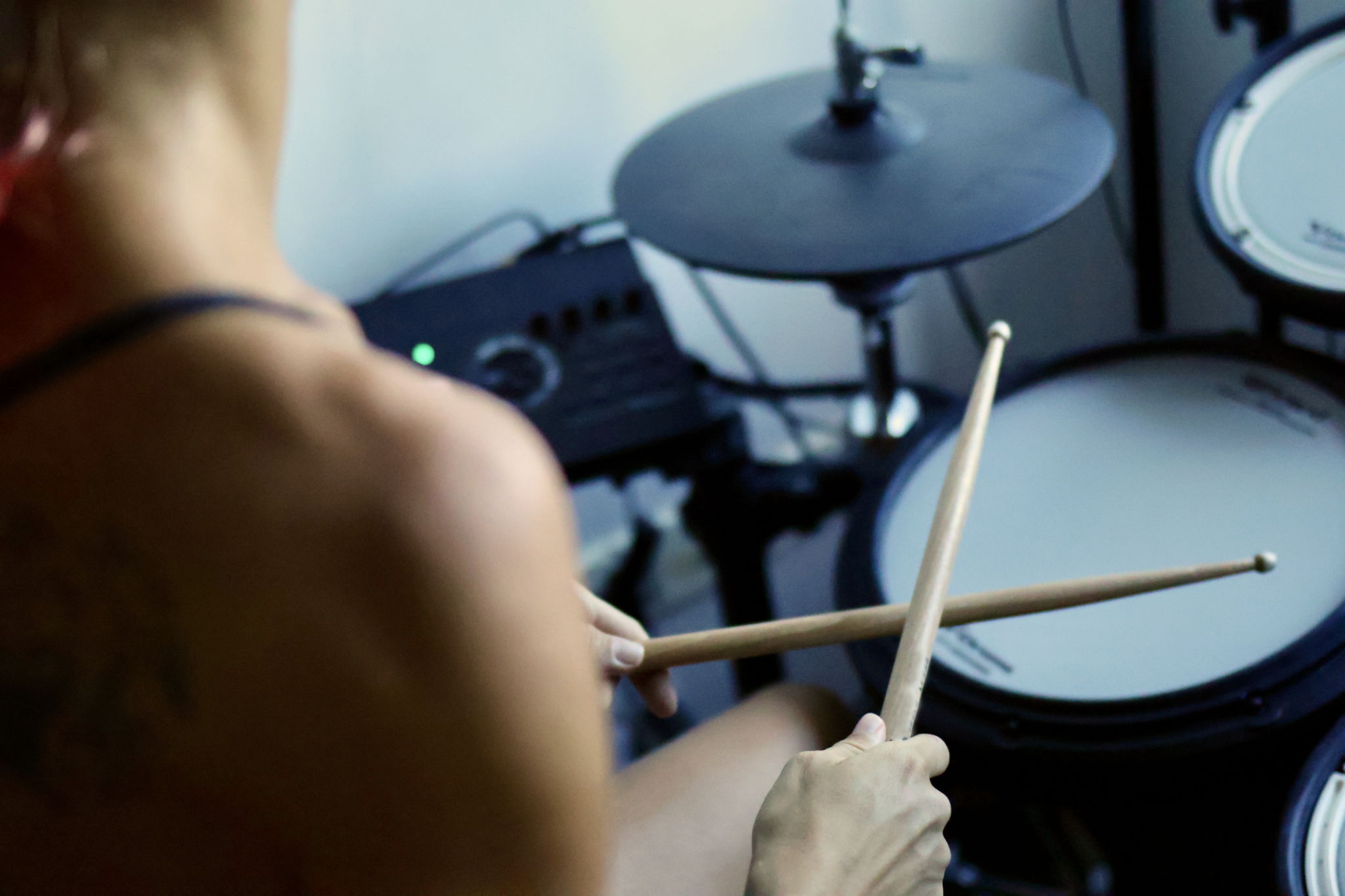Mastering Audio Production: Essential Tips for Beginners
Understanding the Basics of Audio Production
Audio production is a fascinating field that combines creativity and technology. For beginners, understanding the basics is crucial. Start by familiarizing yourself with common terminology such as DAW (Digital Audio Workstation), MIDI (Musical Instrument Digital Interface), and plugins. A good grasp of these terms will make learning more advanced concepts easier.

Choosing the Right Equipment
When starting in audio production, investing in the right equipment can make a significant difference. A quality pair of headphones, a reliable microphone, and a decent audio interface are essential. While high-end equipment can be costly, there are budget-friendly options that offer great performance for beginners.
Consider the type of audio production you want to pursue. If you’re interested in music production, a MIDI keyboard might be beneficial. For podcasting, focus on getting a good USB microphone. Make informed decisions based on your specific needs.
Learning Your Digital Audio Workstation (DAW)
Your DAW is the heart of your audio production setup. Spend time exploring its features and capabilities. Whether you choose Ableton Live, FL Studio, or Logic Pro, mastering your DAW will significantly enhance your production skills. Take advantage of online tutorials and resources that offer step-by-step guidance.

Recording and Mixing Techniques
Recording quality audio is a fundamental skill in audio production. Ensure your recording environment is optimal by minimizing background noise and using soundproofing techniques. Experiment with microphone placements to capture the best sound possible.
Once your audio is recorded, the mixing process begins. Mixing involves balancing different audio elements to achieve a cohesive sound. Pay attention to levels, EQ, and panning. Remember, practice makes perfect, and the more you experiment, the better you'll become.
Understanding Effects and Plugins
Effects and plugins add depth and creativity to your audio production. Reverb, delay, and compression are commonly used effects that can transform your sound. Learn how each effect works and when to use it effectively. Many DAWs come with built-in plugins, providing a great starting point for experimentation.

Building a Portfolio and Networking
As you gain confidence in your audio production skills, start building a portfolio to showcase your work. This can be a collection of your best tracks, podcasts, or any audio projects you’ve completed. A portfolio is essential when seeking opportunities in the industry.
Networking is equally important. Connect with other audio producers, musicians, and industry professionals. Join online forums, attend workshops, and participate in community events to expand your network. Collaborations can lead to new learning experiences and opportunities.
Continuing Education and Growth
The world of audio production is ever-evolving, with new technologies and trends emerging regularly. Stay updated by following industry news, taking online courses, and experimenting with new tools. Continued education is key to mastering audio production and staying ahead in the field.

By understanding the basics, investing in the right equipment, mastering your DAW, and continuously learning, you can excel in the world of audio production. Remember, patience and practice are your best allies on this creative journey.
